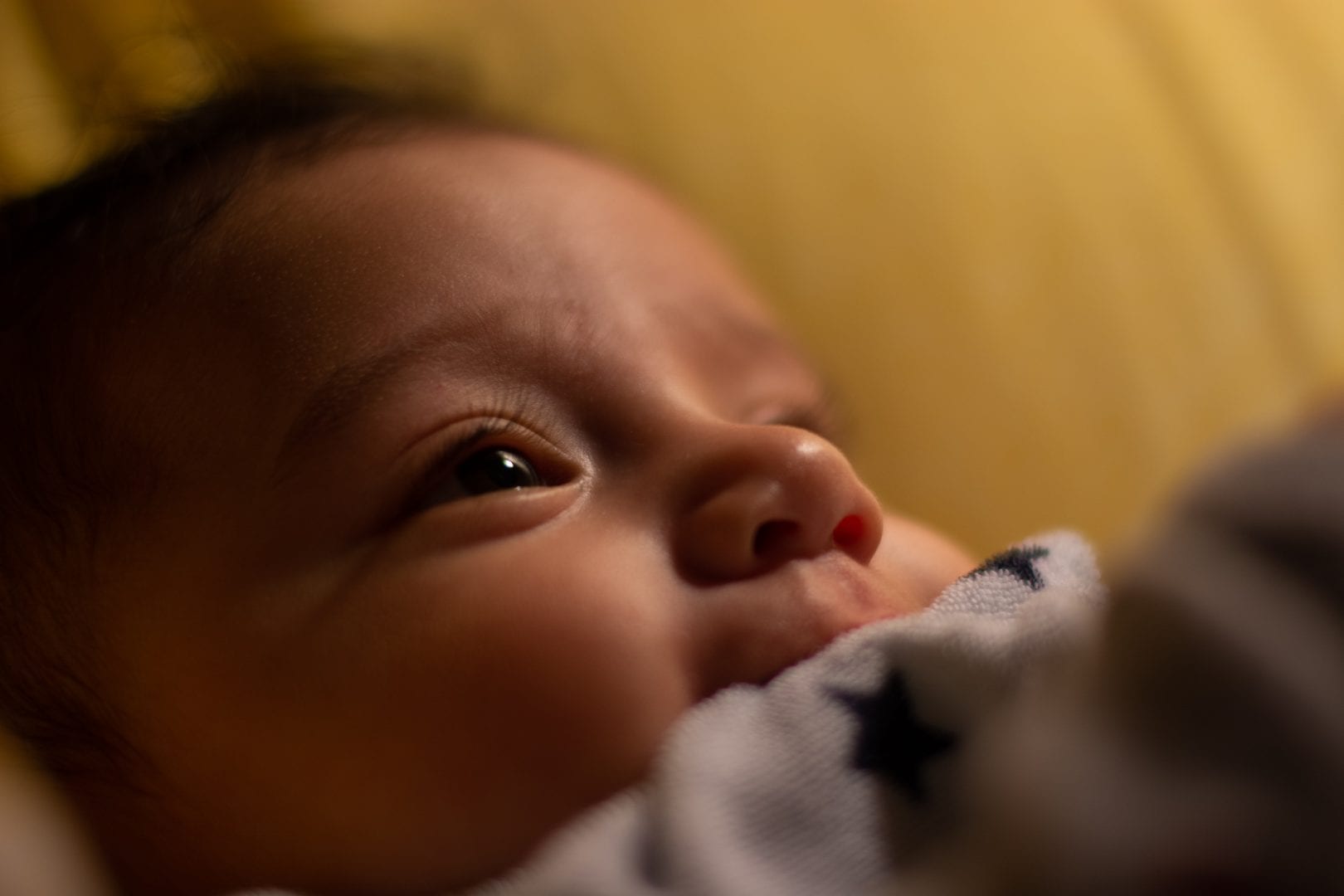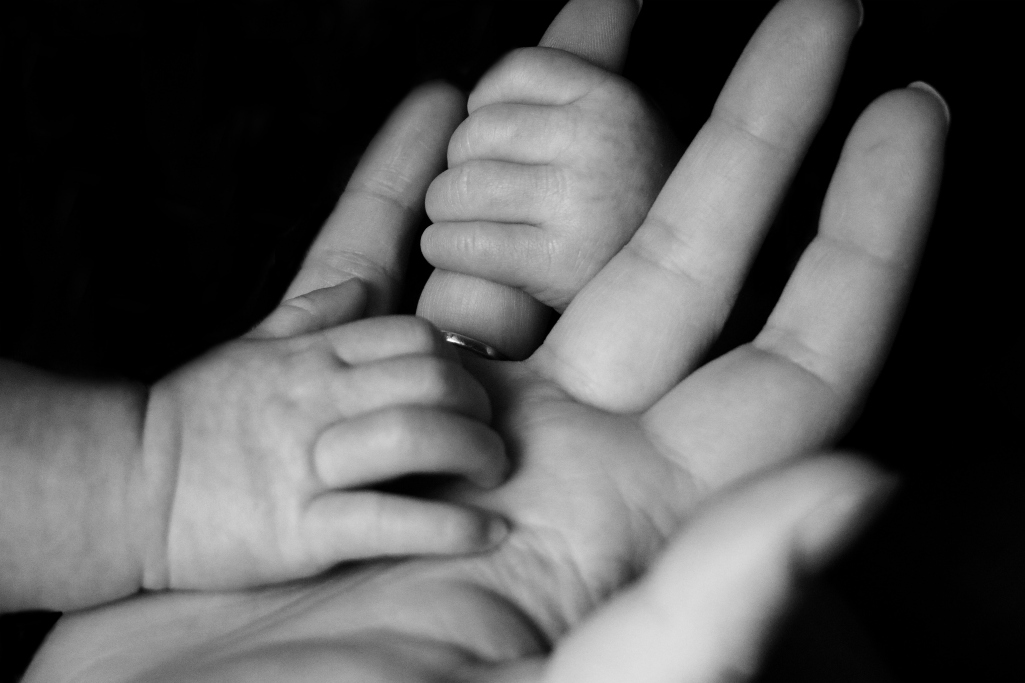
Fertility is plummeting across the globe. In 2023, the birth rate fell to 1.6 (children per woman) in the United States, 1.3 in Canada, 1.4 in Germany, and 1.2 in Italy, Japan and Poland (to name just a few). This is far below the replacement rate of 2.1 needed to maintain a population.
Nations from east to west are scrambling to reverse the trend. President Trump has suggested giving women with six or more kids a “National Medal of Motherhood,” and Hungary has offered significant tax incentives. Many European countries are offering generous paid maternity leave policies.
But Catherine Ruth Pakaluk, author of “Hannah’s Children: The Women Quietly Defying the Birth Dearth,” says these incentives are unlikely to have a long-term impact on the “birth dearth.” Just six years after Australia’s highly touted $6,000 cash “baby bonus” concluded, the birth rate returned to a dismal 1.6.
It’s not just economies that are suffering. Individual women are grieving too. Excluding women who face medical infertility (which is also on the rise), many women who physically would be able to carry and have more babies are not having them. But a lot of them aren’t happy about it. Most American women say they want more children, 2.7 on average, than they actually have, 1.6.
Interestingly, according to labor economists Betsy Stevenson and Justin Wolfers, subjective measures of women’s happiness have been declining since 1970.
Today, women have more autonomy than ever. Women outnumber men in both college and graduate school, and they are sought after for high-paying jobs. Thanks to an array of birth control options and easy access to abortion, having children is increasingly a “choice” that women are advised to put off until they establish their own careers and identities.
I think in our gut, many women know babies are worth it, and that becoming a parent is deeply meaningful. But is it really worth it right now? Won’t I have time for that later? After all, parenting looks hard (because it is). However, by the time it “seems worth it,” women are older and often face decreased fertility as a result.
These stories have resonated deeply with me. Before I had kids, I was somewhat terrified of what the “mom” role would mean for me. I lived in an area jam-packed with young, curious academics and professionals from all over the world. My days were fast-paced and exciting. I loved my identity, activities and friend group. I was wary of risking it all to have a baby. My husband, on the other hand, was ready to start a family. So, I found myself in my pastor’s office crying.
My pastor at the time, Curtis Cook, listened patiently. He didn’t rush to tell me I was wrong or self-centered. He also didn’t tell me my perception of parenting was off — it would require sacrifice. But then he asked me, ever so gently, what my Biblical reasons were for not wanting children.
The question stumped me. Since my earliest memories, my greatest source of joy has been the Lord. Every part of my life is better when I am seeking Him and aligning myself to His Word.
But when it came to kids, without even noticing, I had absorbed a secular perspective.
That realization pushed me deeper to search out a biblical vision for Christian parenting that was worth risking my identity, freedom and friend group for.
I found that motherhood is a calling given by God, to women, for the purpose of filling creation with His glory and with the potential to draw us closer to God in dependence, awe and wonder. I saw that motherhood reflects the loving, nurturing and sacrificial character of God. When I excitedly welcome a baby into the world and then plan how to delight him or her, I picture how God created me with plans to love me and delight my heart.
I was awed to remember that Jesus came into the world through a mother, and that whenever women (whether physically moms or not) practice the qualities of motherhood — being lifegiving, sacrificial and nurturing — they most fully realize their identity as female.
As I talked to Christian parents, I was sobered and excited to consider the unique and weighty responsibility of being God’s mouthpiece in the lives of my future children. Over and over again, through my words and my actions, hundreds of times a day, I would get the thrill of pointing my children to Jesus. And in pointing them to Jesus, I get the thrill of seeing God’s glory too.
When faced with God’s heart for motherhood, my hope began to outweigh my fear. All of the cultural pressures would still exist. I would still be parenting in a society that was (and still is) largely “family unfriendly.”
A decade ago, through his patient listening and gentle counsel, my pastor helped me cut through cultural lies surrounding parenting and catch a glimpse of the breathtaking glory of motherhood — and it has brought me incalculable joy.
The birth rate is plummeting. Nations are panicking. The solution won’t come from government incentives. But it may come through Christians coming alongside one another and remembering God’s heart for parenting.
We should celebrate kids and delight in our callings as parents with an infectious joy that makes our secular neighbor down the street wonder if parenting is worth the risk after all. Sharing why we value children more than our careers or personal identities is also an opportunity to invite a weary and worn-out world to see the Son of God, born of a woman, who came so that they too could call Him Father.
Motherhood, when understood rightly, isn’t just a costly sacrifice. It is an important means that God has given us to reflect His love and glorify Him.


